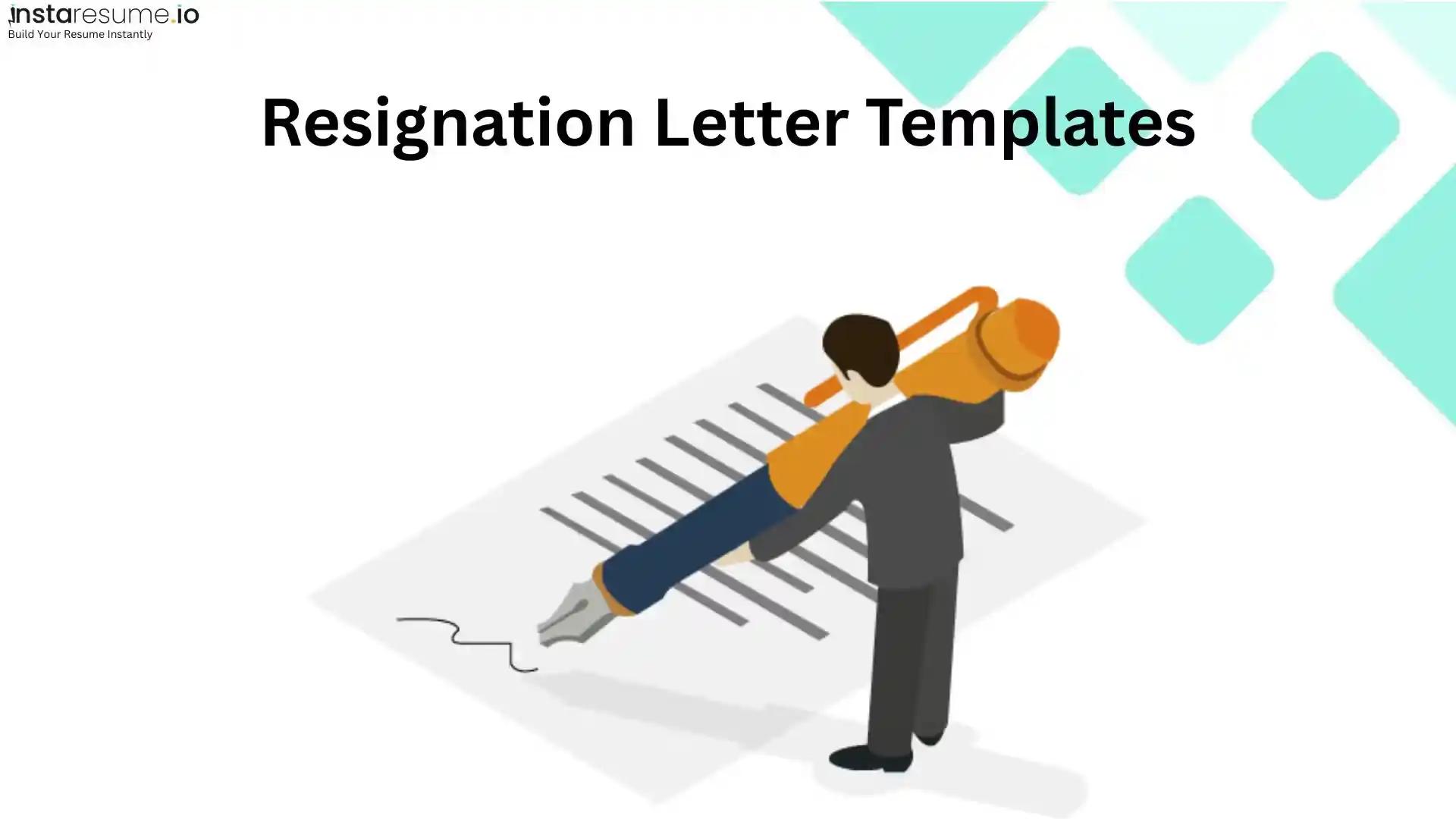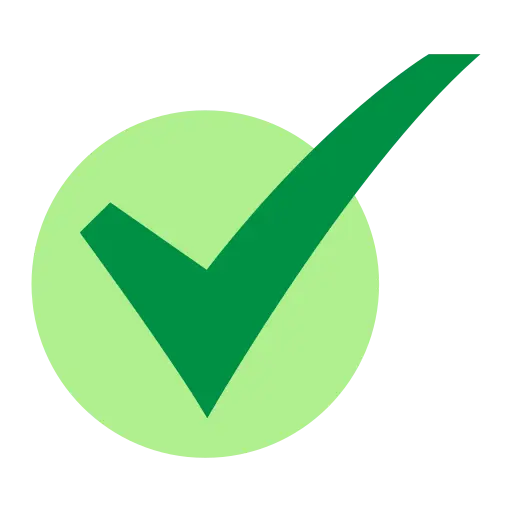Resignation Letter Templates
Trust Score: 4.8
362 reviews

Resignation Letter Templates
Resigning is never one-size-fits-all. Depending on your reason for leaving, the tone and structure of your resignation letter should shift accordingly. That’s why using the right resignation letter template matters—it allows you to be clear, polite, and professional, no matter the situation.
Let’s explore the most common resignation scenarios and the ideal way to handle each one.
Standard resignation: the two-week notice format
This is the most widely used template. It includes your resignation statement, your final working day (typically two weeks from notice), a thank you note, and an offer to help during the transition. It’s formal, respectful, and effective.
If you’re also preparing your resume for a new role, consider using a free resume builder to craft a strong next step.
Resignation with immediate effect
Sometimes circumstances demand urgency. If you need to resign immediately due to health, family emergencies, or personal issues, your letter should still be respectful. Clearly state the effective date and express regret for the short notice.
When updating your job documents afterward, this is a good time to review resume objective examples that suit your new career direction.
Resignation due to a better opportunity
If you're leaving for a new role that offers growth or alignment with your goals, it's best to mention your gratitude and briefly share your reason—without going into details. This keeps your letter honest and forward-looking.
You can reflect this same future-focused tone by polishing your resume using a modern resume template that highlights your achievements.
Personal reasons: short and polite
If you’re stepping away due to personal life changes, this letter should be short and to the point. You don’t need to share private details—just a simple, appreciative message and your intended departure date.
As you plan your return or career shift, use these interpersonal skills examples to position yourself with emotional intelligence on your resume.
Resignation due to workplace conflict
If the reason you're resigning involves toxicity or unresolved issues, avoid blaming anyone in writing. Keep the tone neutral and focus on moving forward. Document any concerns offline if necessary.
In parallel, revisit your career objective to realign your next job search with what truly matters to you.






